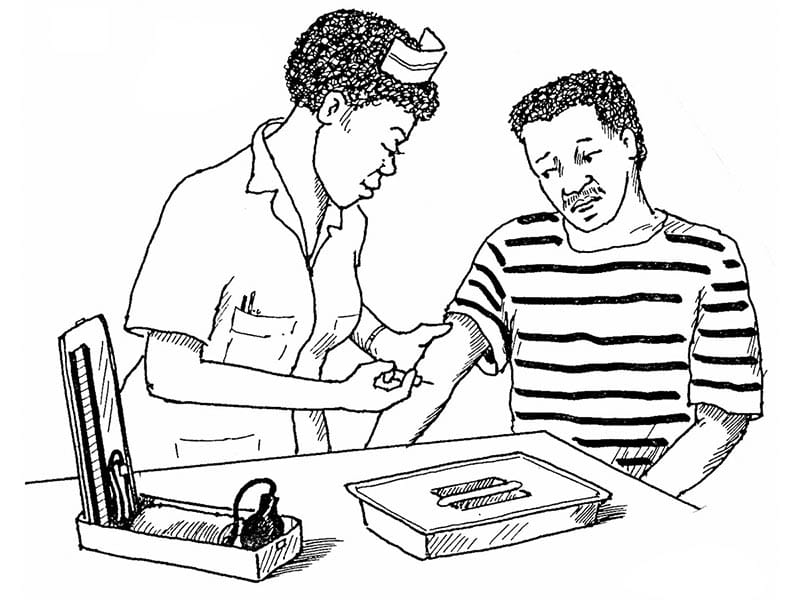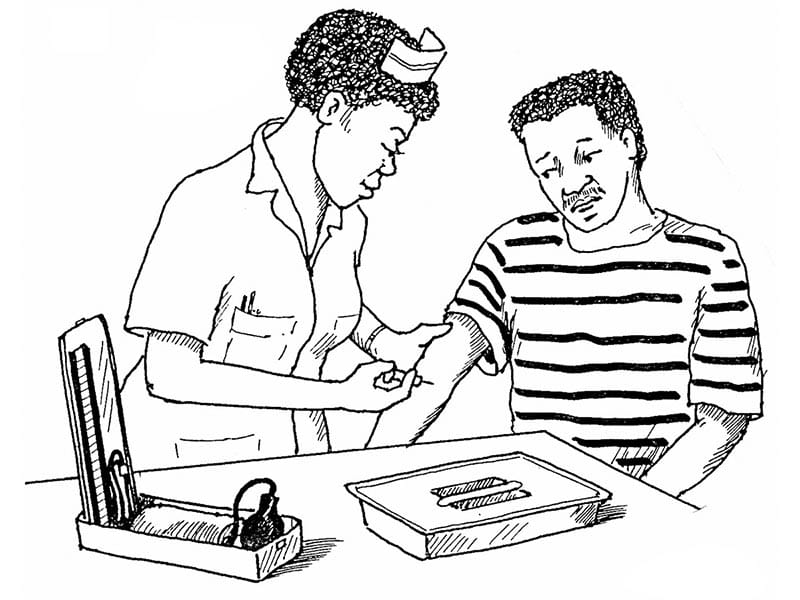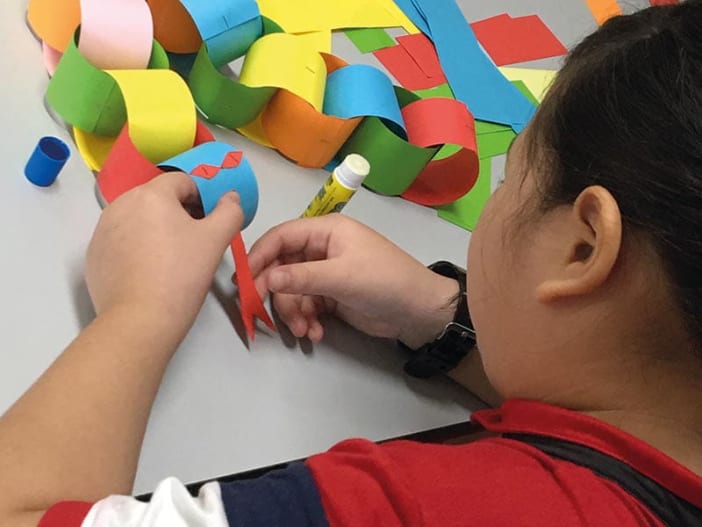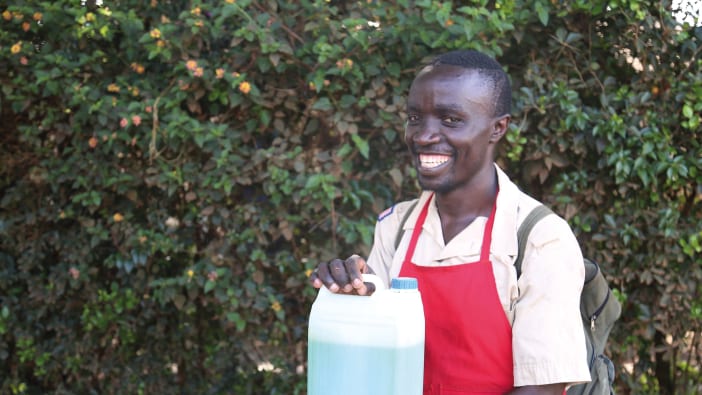Zambian prisons can be very unhealthy places. Problems include massive overcrowding, insufficient food and poor hygiene conditions. Diseases such as TB and malaria are common. Some 27 per cent of prisoners are living with HIV, which is more than double the figure for the general population.
At Prison Fellowship Zambia (PFZ) we believe that health education can empower those in prison to live healthier lives. We run a range of interactive health education sessions with prisoners to discuss issues that are affecting their well-being.
Mobile medical clinics
Working in collaboration with the government, we provide mobile clinics that go into prisons. These are staffed by volunteer health workers. If prisoners need more complicated treatment, we arrange a referral to one of the bigger health facilities.
We encourage prisoners to get tested for HIV, and deliver counselling before and after their test. For those who are diagnosed as HIV-positive, we provide help with accessing treatment. We also give them nutritional supplements and regular check-ups to see how they are doing.










